Member of the Party Central Committee, Minister of Natural Resources and Environment Dang Quoc Khanh; Member of the Party Central Committee, Secretary of the Da Nang City Party Committee Nguyen Van Quang; Vice Chairman of the Central Theoretical Council Bui Nhat Quang; Deputy Minister of Natural Resources and Environment Vo Tuan Nhan chaired the Workshop.
The workshop was attended by more than 100 delegates from ministries, branches, international organizations, 16 provinces and cities in the Central Highlands region, experts and scientists .
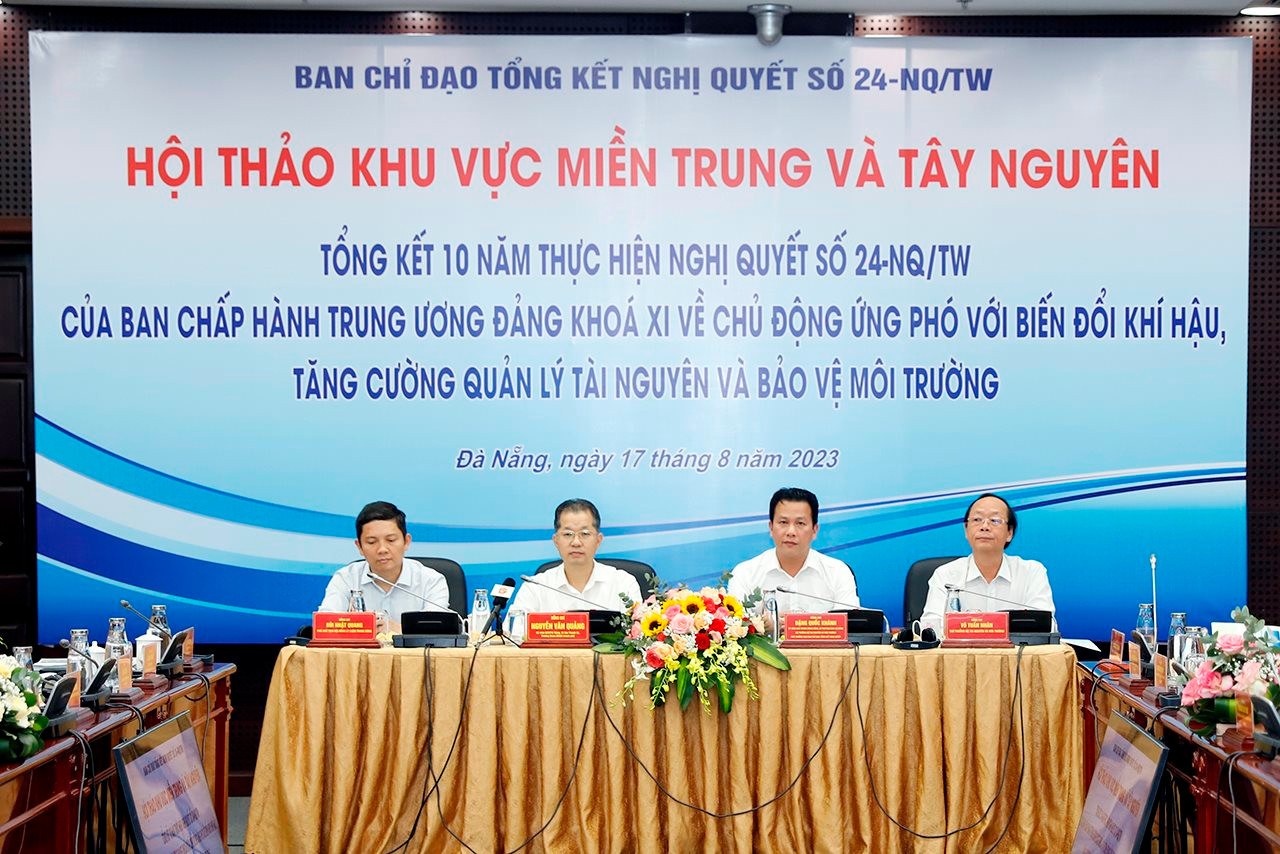
Speaking at the opening of the workshop, Minister of Natural Resources and Environment Dang Quoc Khanh emphasized that Resolution No. 24-NQ/TW on proactively responding to climate change, strengthening resource management and environmental protection is of great significance to the natural resources and environment sector, and is a political basis for institutionalizing it into State laws to strictly and effectively manage natural resources, protect the environment and respond to climate change to serve sustainable socio-economic development, ensuring national defense and security.
After 10 years of implementing Resolution 24-NQ/TW, one of the outstanding achievements is the fundamental change in awareness and thinking of central and local ministries, branches and departments on climate change response, resource management and environmental protection.
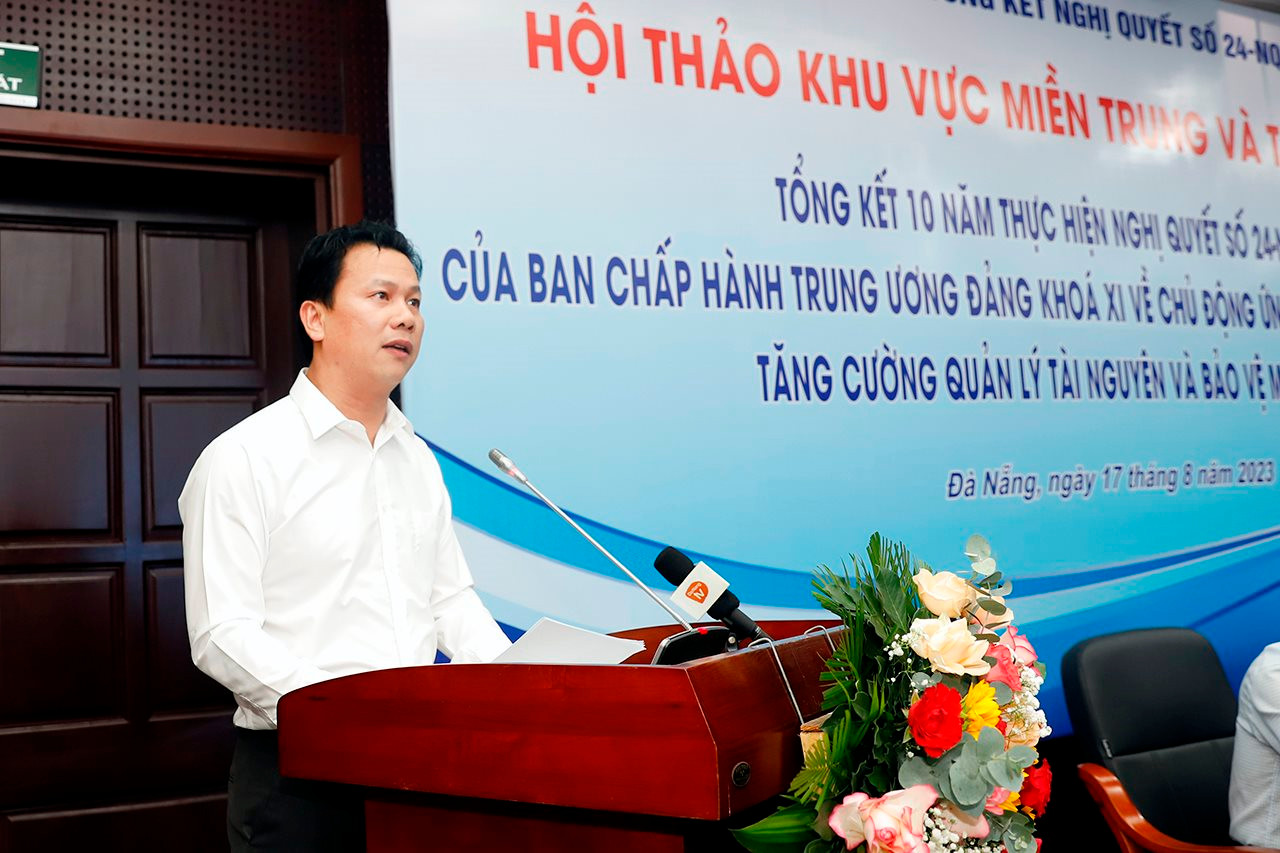
The Party's major policies have been gradually concretized into the Government's approach and goals in socio-economic management. Responding to climate change has gradually shifted from focusing on adaptation to combining greenhouse gas emission reduction, taking advantage of opportunities to move towards a green, low-carbon economy, and increasingly improving the capacity to forecast and warn of natural disasters, thereby protecting people's lives and property and contributing to protecting the achievements of the country's socio-economic development.
Natural resources have been gradually investigated and evaluated more fully, managed more sustainably, and have also been unleashed to serve socio-economic development, and allocated according to market signals through auctions of rights to use and exploitation. The mindset of environmental protection has been fundamentally renewed; environmental protection work has shifted from passive response to proactive prevention and control, especially for major sources of pollution.
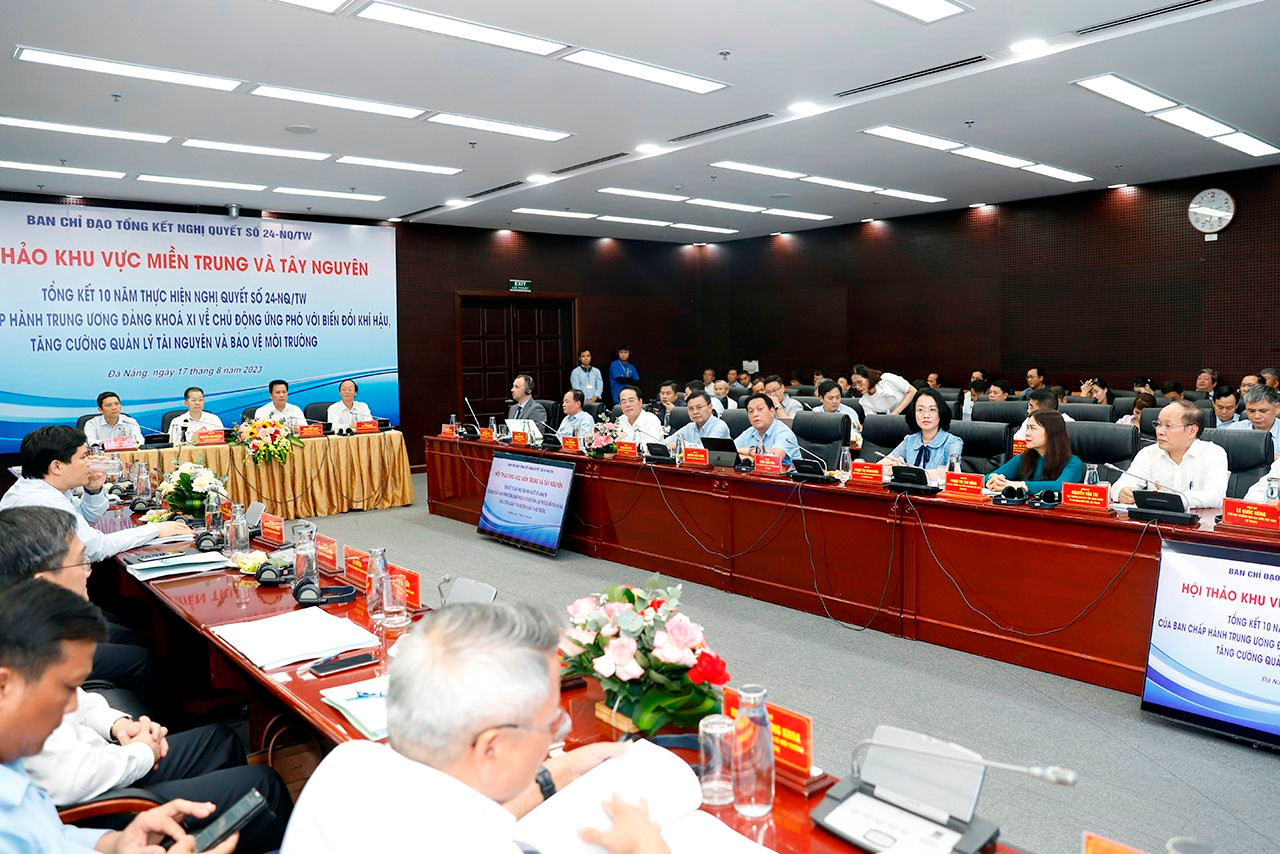
On the international level, the Resolution has set out directions for Vietnam to proactively and actively participate in global and regional cooperation agreements and conventions on resources, environment and climate, thereby protecting national interests on the one hand but also demonstrating our country's responsibility in the global common effort to contribute to enhancing the country's position.
However, in addition to the important results achieved, there are still limitations that need to be analyzed fully, objectively and scientifically in the process of summarizing the Resolution. In addition, the world, regional and domestic contexts have changed a lot. The Vietnamese Government has participated in the commitment to the net zero emission target and energy transition at COP26; together with South Africa and Indonesia, Vietnam became the third country in the world to adopt the Political Declaration to establish the Just Energy Transition Partnership with international partners (JETP), to participate in the commitment under the Global Biodiversity Framework... Vietnam's commitments have opened up new opportunities for investment cooperation and development for Vietnam in the direction of green, low carbon but also require Vietnam to make more efforts in perfecting policy institutions, improving the investment environment, attracting resources to implement a fair energy transition; conserving natural resources, protecting and restoring natural ecosystems.
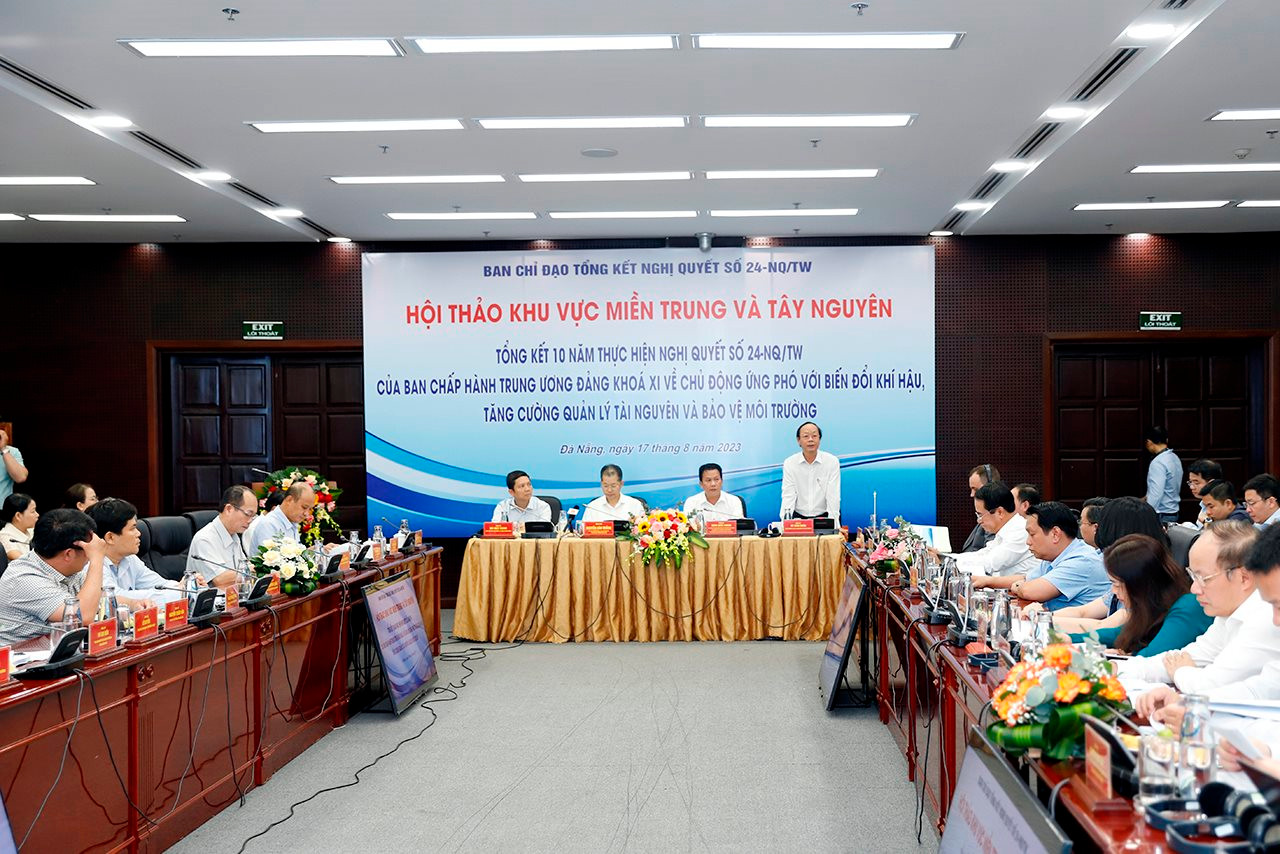
Therefore, at the Workshop, the Minister of Natural Resources and Environment requested delegates to study, discuss and give opinions on the implementation of Resolution No. 24-NQ/TW focusing on the main contents: Comprehensively and objectively assess the results of concretizing the viewpoints, implementing the goals, tasks and solutions stated in the Resolution, thereby clarifying which viewpoints, tasks and solutions need to be supplemented and improved to suit the new context and situation; clarifying the content that has been institutionalized, has not been institutionalized or is not fully institutionalized. The results of implementation in practice, lessons learned, limitations, weaknesses and causes; forecasting development trends, proposing viewpoints, orientations, goals, tasks and specific solutions for the period up to 2030 and vision to 2050; give opinions on recommending that the Steering Committee advise the Central Committee to issue a new Resolution to replace Resolution No. 24-NQ/TW or continue to implement Resolution 24-NQ/TW with the addition of new viewpoints and contents.
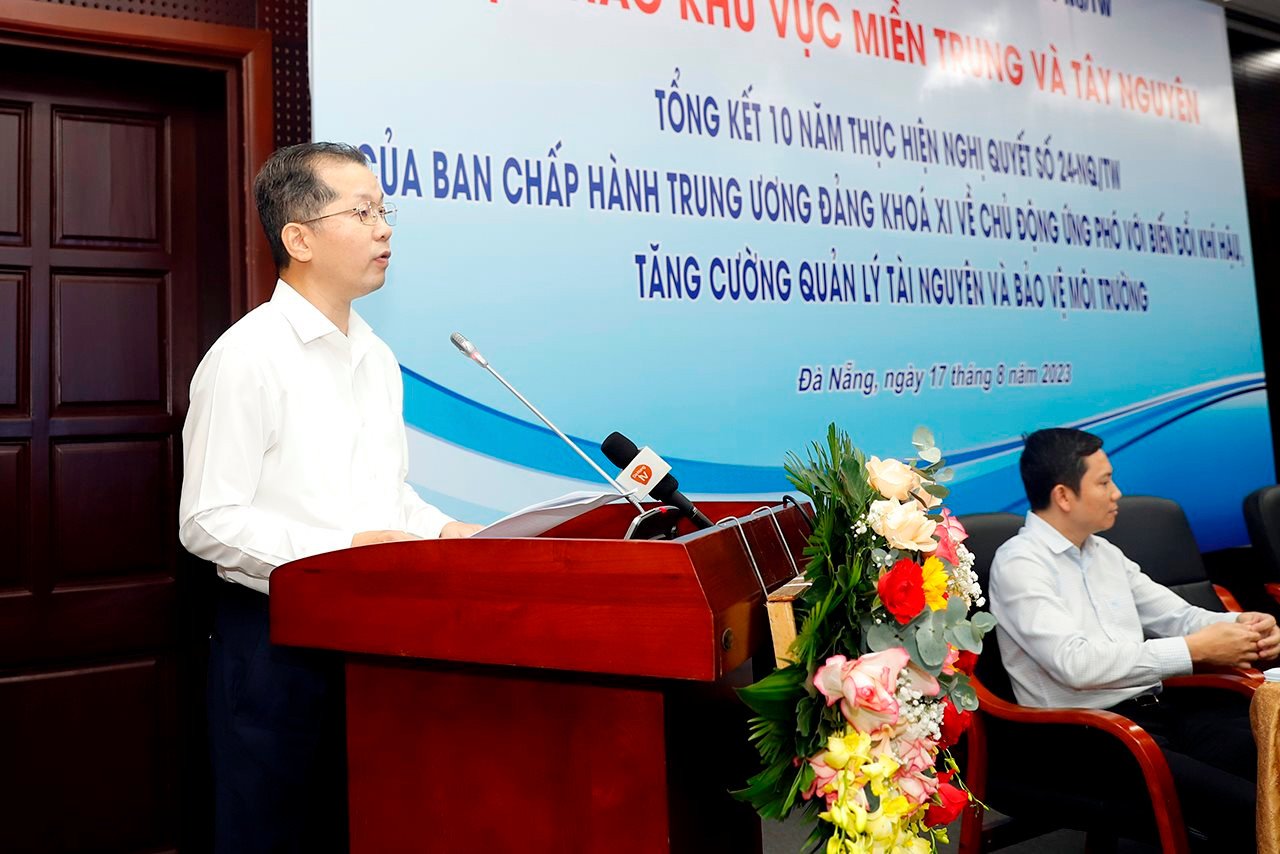
Mr. Nguyen Van Quang - Secretary of the Da Nang City Party Committee said that after 10 years of implementing Resolution No. 24-NQ/TW and Program No. 27-CTr/TU of the City Party Committee, some of the city's environmental protection expenditures have been achieved and exceeded, such as the air quality index always maintained below 100; 100% of industrial wastewater is collected and treated to meet standards; 100% of households have access to clean water; 100% of solid waste is collected and treated; forest cover reaches 45.6%...
In addition, Da Nang city has been recognized, highly appreciated and won many awards for its environmental protection work by domestic and foreign ministries, branches and organizations. And today's workshop is also an opportunity for Da Nang city's functional branches to exchange and learn from the experiences of experts, scientists and localities in implementing tasks and solutions to respond to climate change and manage resources and protect the environment in the city in the coming time.
At the workshop, Associate Professor, Dr. Nguyen Dinh Tho - Director of the Institute of Strategy and Policy on Natural Resources and Environment reported a summary of 10 years of implementing Resolution No. 24NQ/TW. Accordingly, the management and use of resources have achieved positive results, basically ending the export of raw, unprocessed minerals; regarding water resources, 11 inter-reservoir operating procedures have been established, zoning has been implemented to limit groundwater exploitation, and water source protection corridors have been marked; the forest protection and development policy has achieved many results, effectively paying for forest environmental services; renewable energy has achieved remarkable development, the rate of wind power and solar power has reached 26.5%, the total primary re-commercial energy has reached 14.9%. Revenue from all types of resources in 2022 will reach VND 25,600 billion, 3 times higher than in 2013.
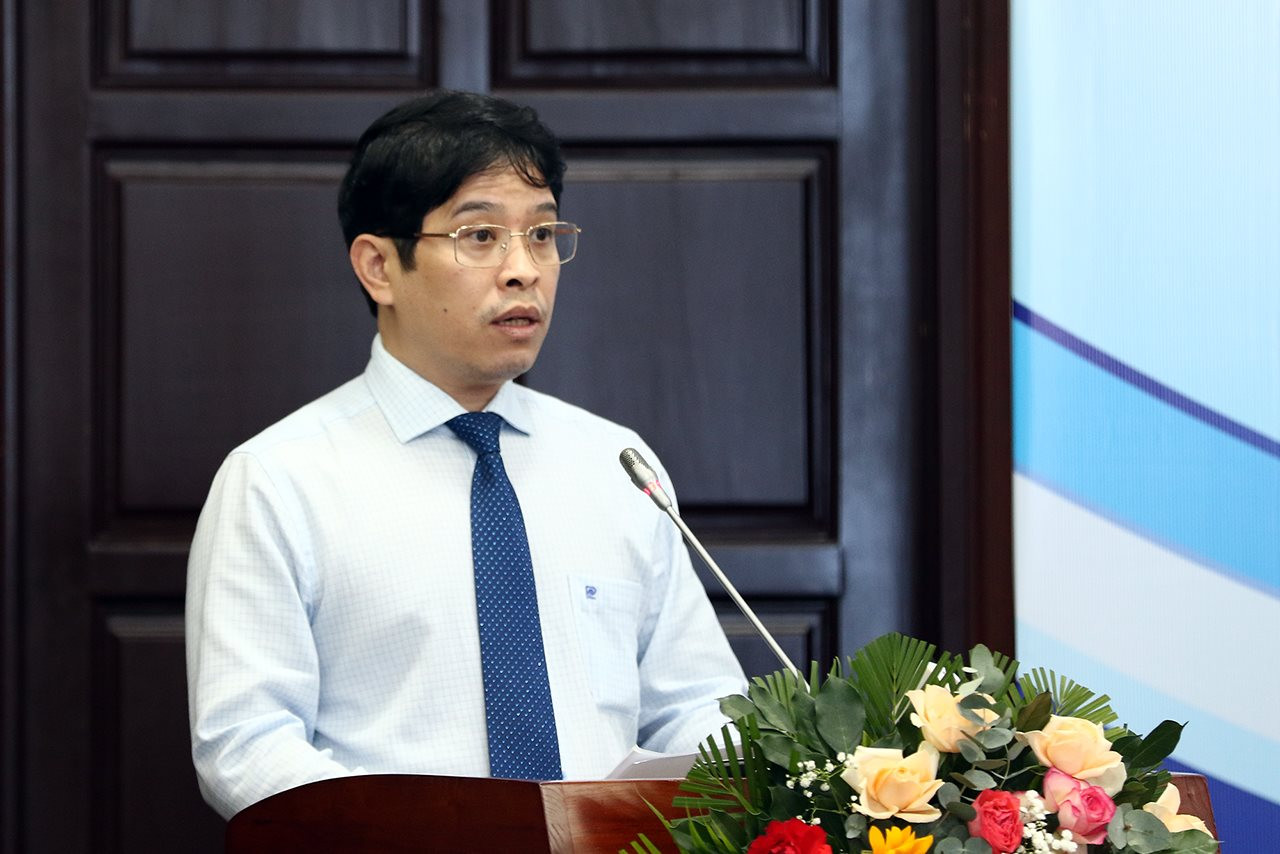
Regarding environmental protection, the biodiversity conservation strategy, the integrated solid waste management strategy, and the 2020 Law on Environmental Protection have been issued; the national technical regulations system on the environment has been reviewed and completed, equivalent to leading countries in the ASEAN region; 622 Vietnamese standards and many local environmental standards have been announced. By 2022, the rate of rural households using clean water has reached 92.5% (80.5% in 2012); industrial parks with centralized wastewater treatment systems have reached 91% (60% in 2012); the rate of collection of domestic solid waste (urban) has reached 96% (82% in 2012); the forest coverage rate has reached 42.02% (40.7% in 2012)....
However, in the process of implementing Resolution 24, there are still limitations and shortcomings such as unsustainable economic growth models, unpopular green economic/green urban models; the method of comprehensive resource management is not substantial; the database system according to international standards is not yet complete...
At the Workshop, ministries, branches and localities gave their opinions on the implementation of Resolution No. 24-NQ/TW and proposed viewpoints, goals and solutions for the coming time. At the same time, the Workshop also received practical and useful contributions from experts and scientists to synthesize and complete the Summary Report on 10 years of implementing Resolution No. 24-NQ/TW.
Sharing at the workshop, Chief Representative of Hanns Seidel Foundation (HSF) in Vietnam Micheal Siegner said that he was very impressed with the achievements that Vietnam has achieved in proactively responding to climate change, resource management and environmental protection. Vietnam is one of the leading countries in creating a legal framework and commitments to address the climate change crisis such as the Netzero target; Partnership for a Just Energy Transition and Circular Economy Development. However, given the current trend, we have some sharing such as when perfecting the policy and legal framework, it is necessary to design to promote innovation, transform the circular economy without affecting the economy, which will create space for businesses to develop.
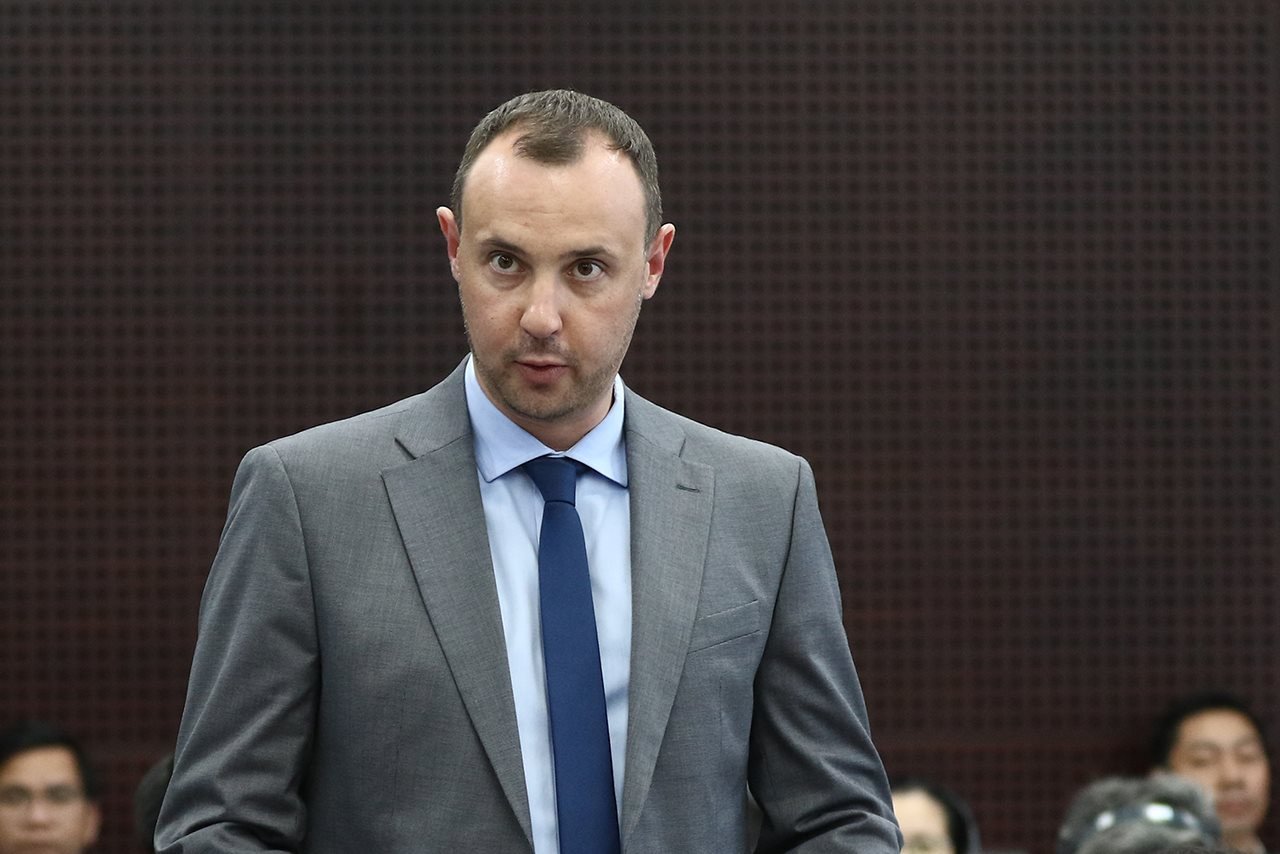
Dr. Nguyen Dinh Huan, Head of the Faculty of Environment (Da Nang University of Technology) said that since the Resolution was issued, local leaders have paid more attention and invested in environmental work and integrated it into each locality's economic development plan. To complete the work of summarizing 10 years of implementing the Resolution, it is necessary to provide indicators of what level of achievement has been achieved and count what numbers will be achieved in 20 or 30 years.
Second, environmental issues such as coal and hazardous waste must be resolved at a comprehensive level with the Ministry of Natural Resources and Environment as the leading agency, not just a local solution.
Third, regarding digital transformation in the field of environmental resources, it is necessary to be more specific about the targets, implementation content, and implementing units for more effective implementation.
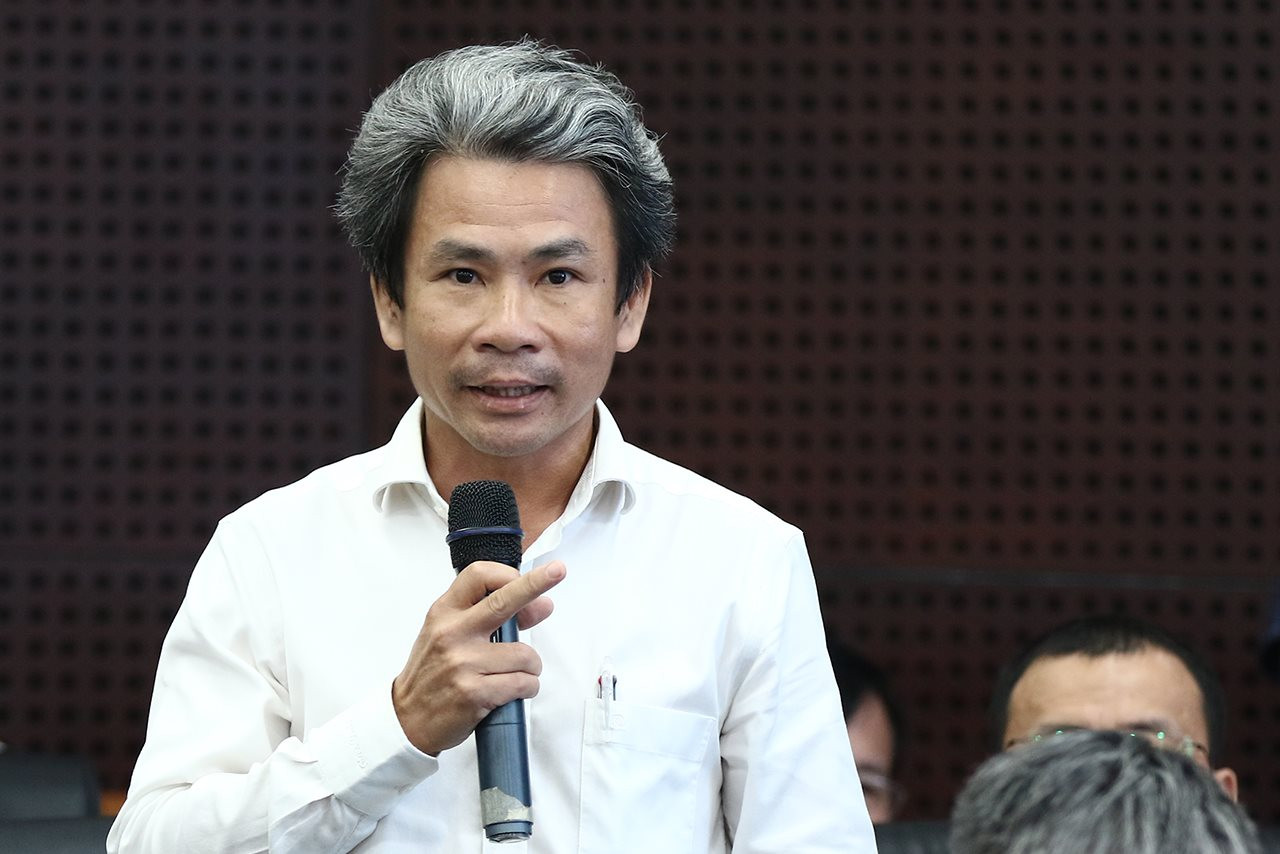
According to the plan, after the regional conference, the Ministry of Natural Resources and Environment will continue to complete the Resolution Summary Report and send it to the ministries, branches and localities for official comments before submitting it to the Politburo in the coming time.
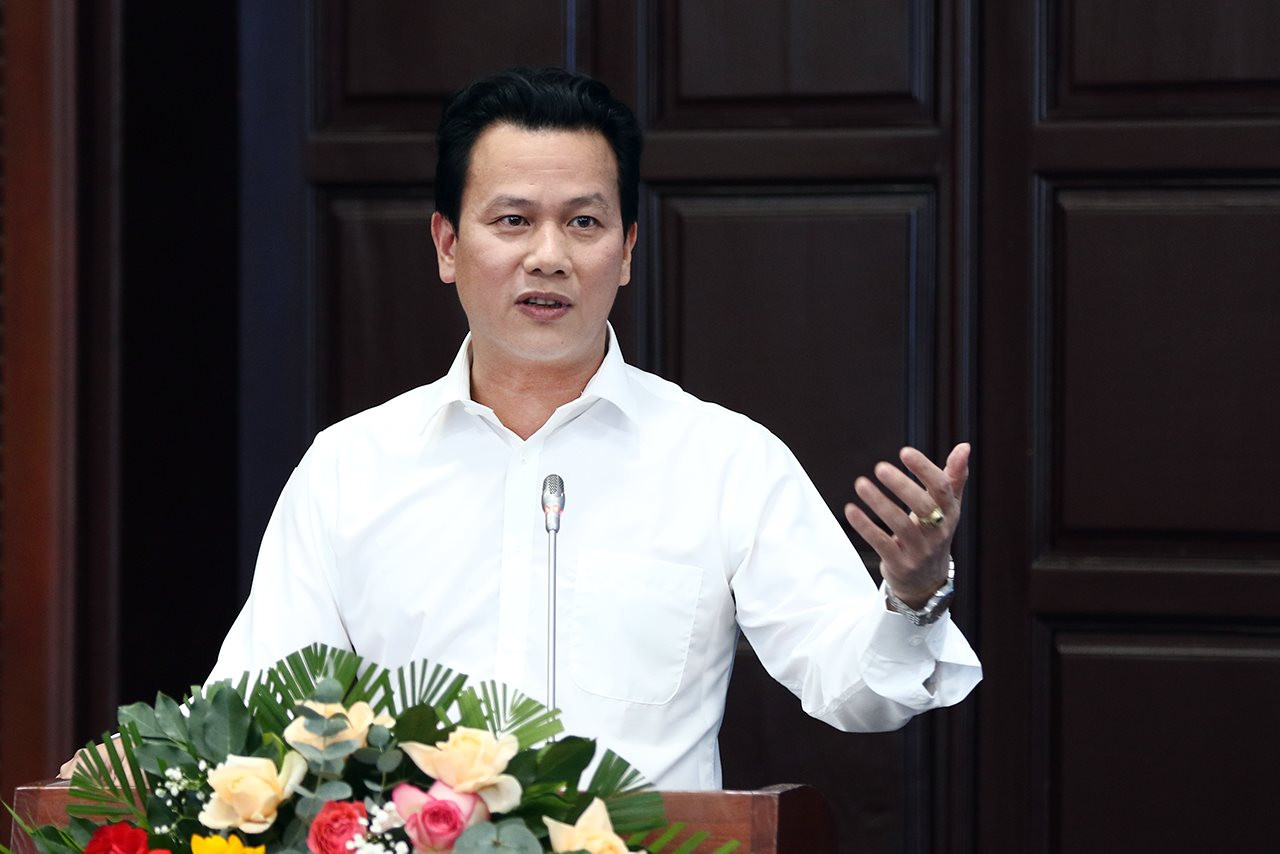
Concluding the conference, on behalf of the host agency, Minister Dang Quoc Khanh thanked the localities, international organizations, and scientists for their valuable and important discussions drawn from local practices and in-depth research to clarify and deepen the implementation results as well as point out the shortcomings in the 10 years of implementing Resolution 24 to affirm that the Resolution has been effectively implemented by all levels and sectors and that natural resources and minerals have made important contributions to economic and social development.
In the context that Vietnam and other countries in the world are making efforts to protect the environment, convert energy, and adapt to climate change, Minister Dang Quoc Khanh said that after the workshop, the Ministry of Natural Resources and Environment will synthesize, report and advise the Politburo and the Central Committee to propose specific viewpoints, tasks and solutions, focusing on the goals of effective use, good management of resources, response to climate change and environmental protection in the new period.
Source


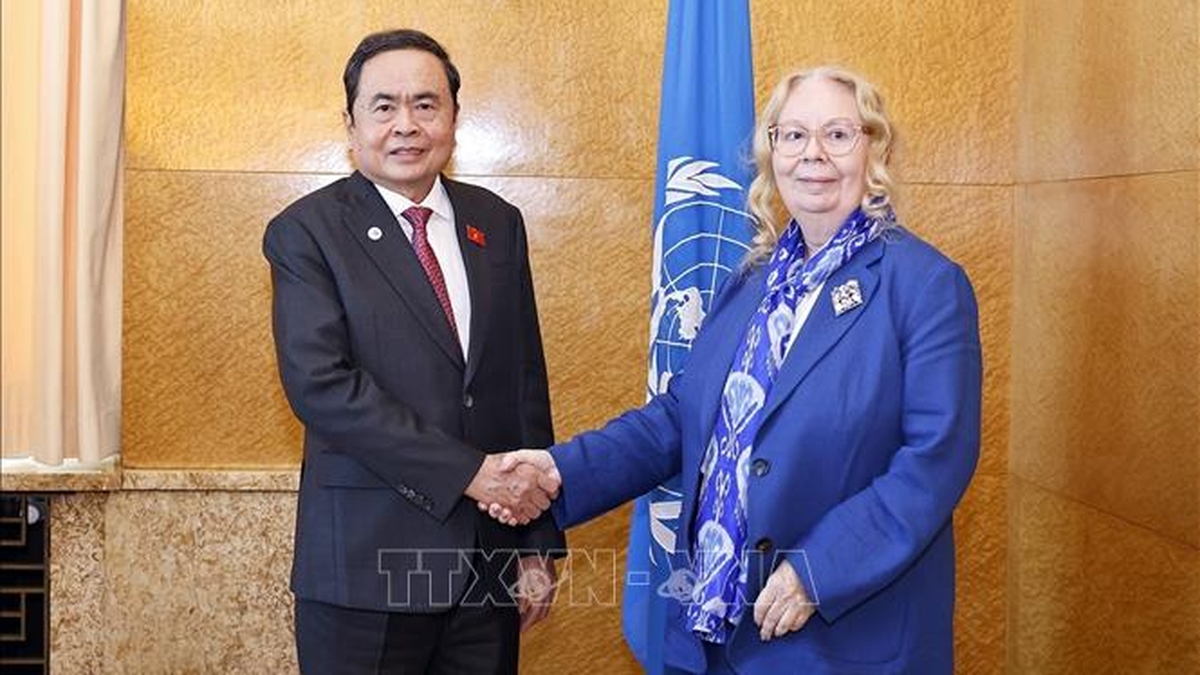
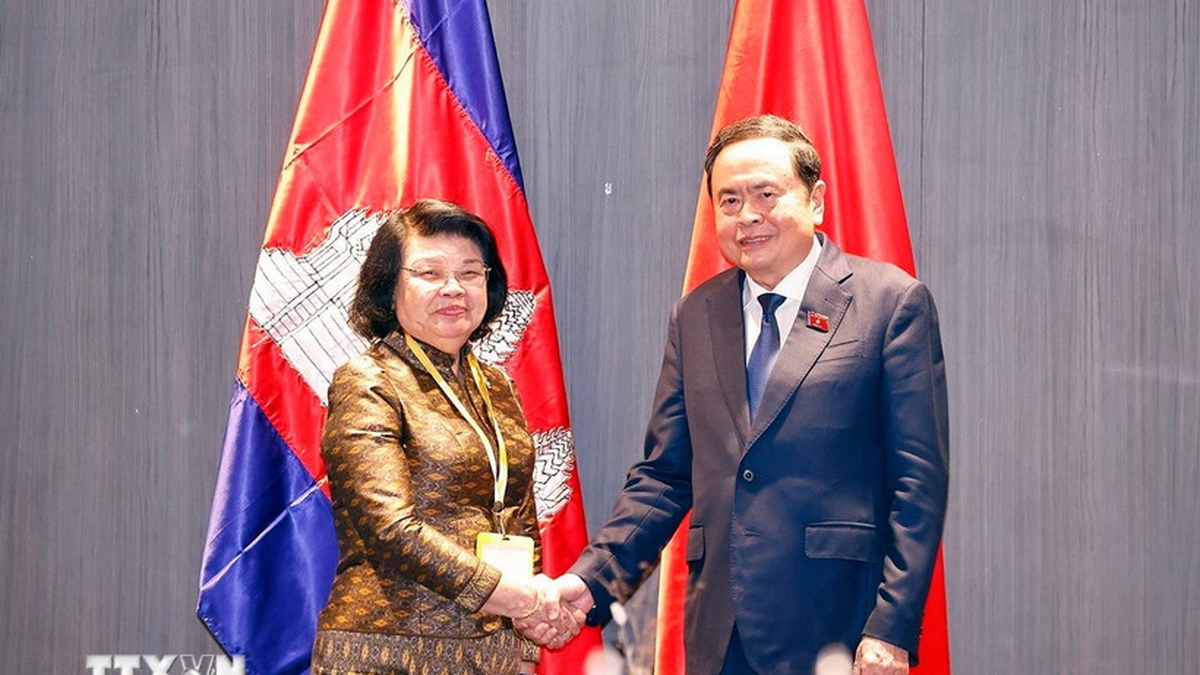
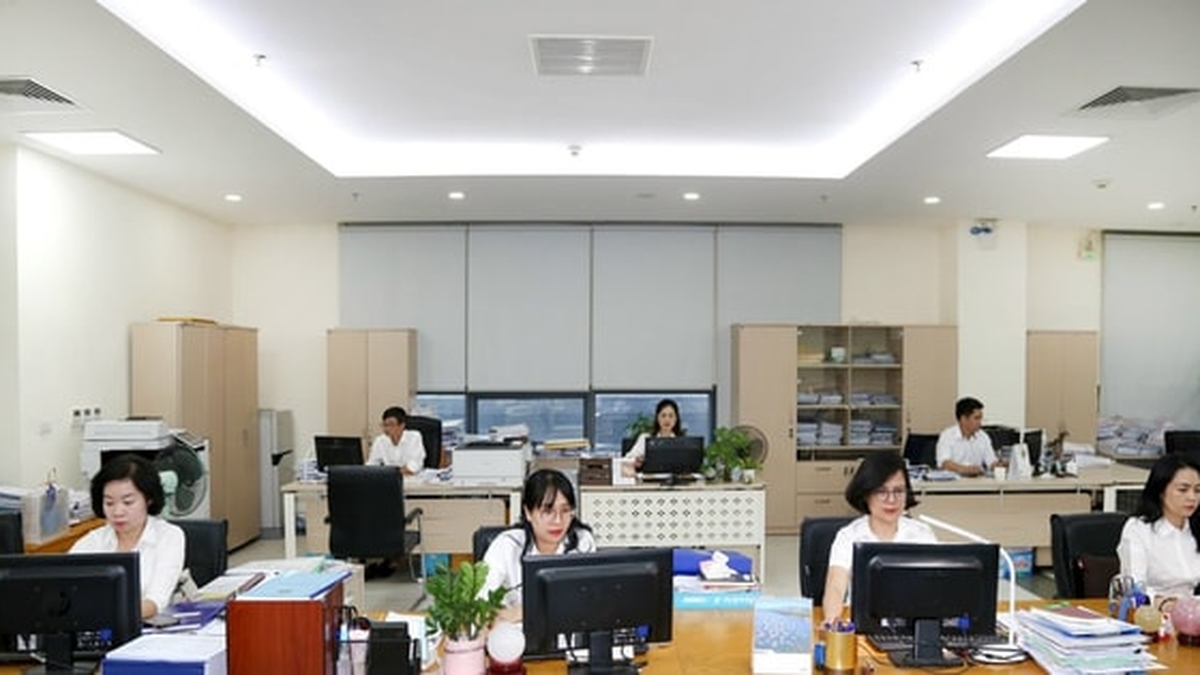

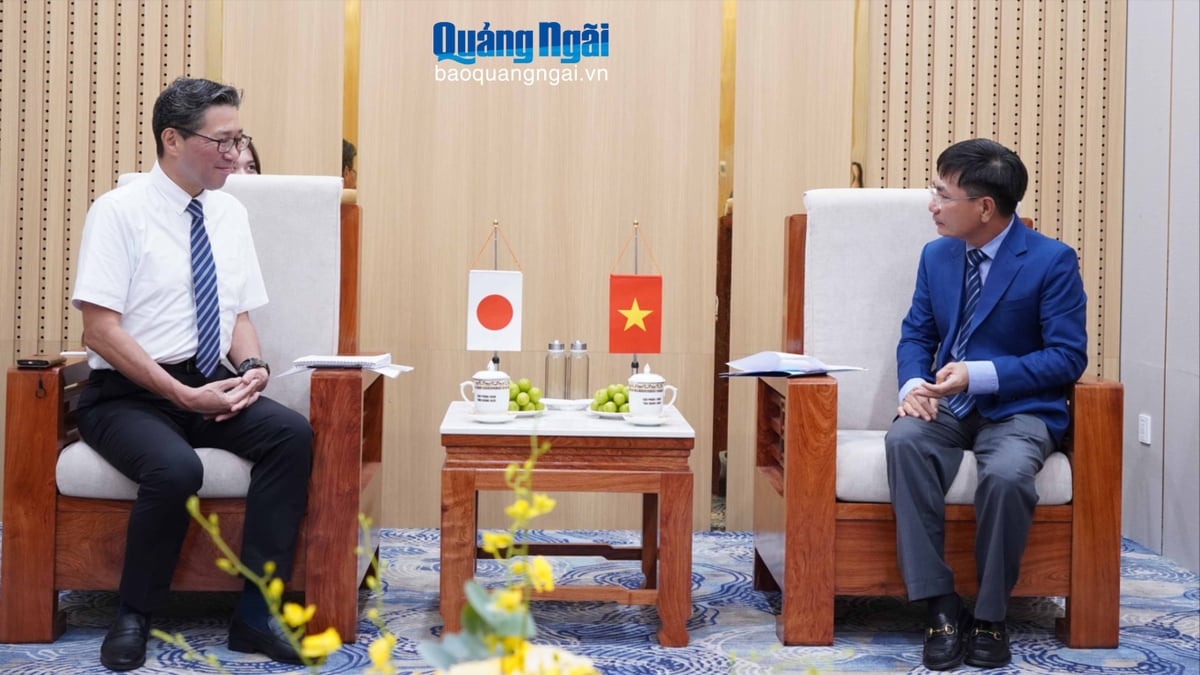
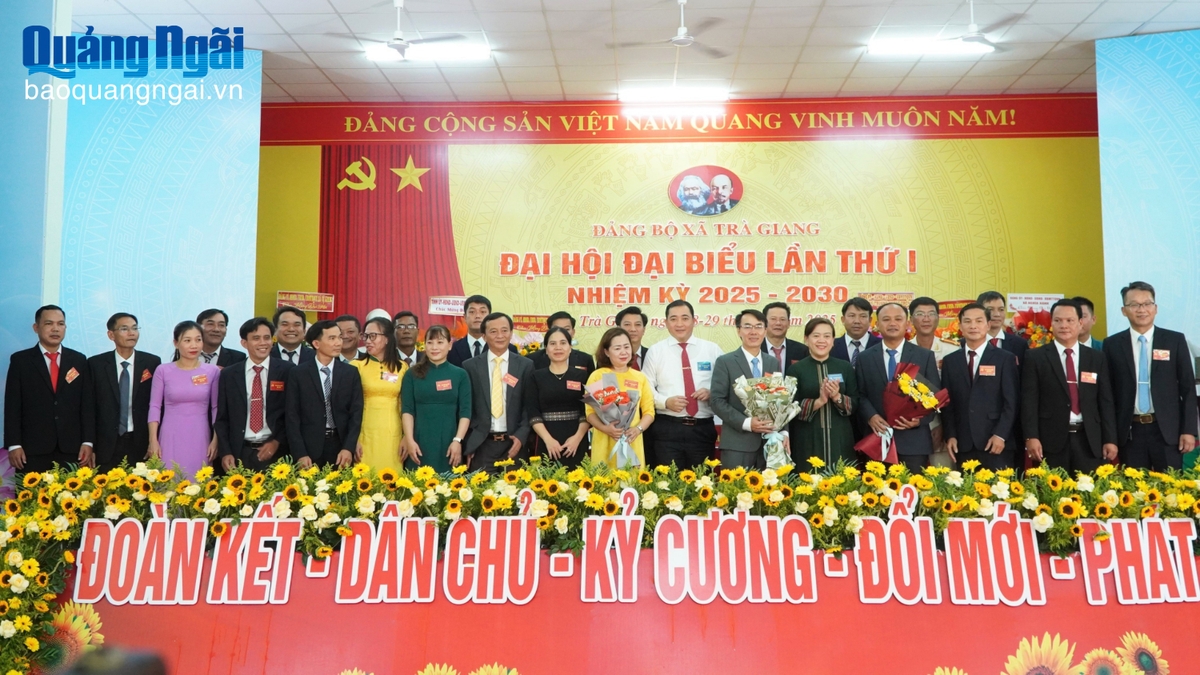
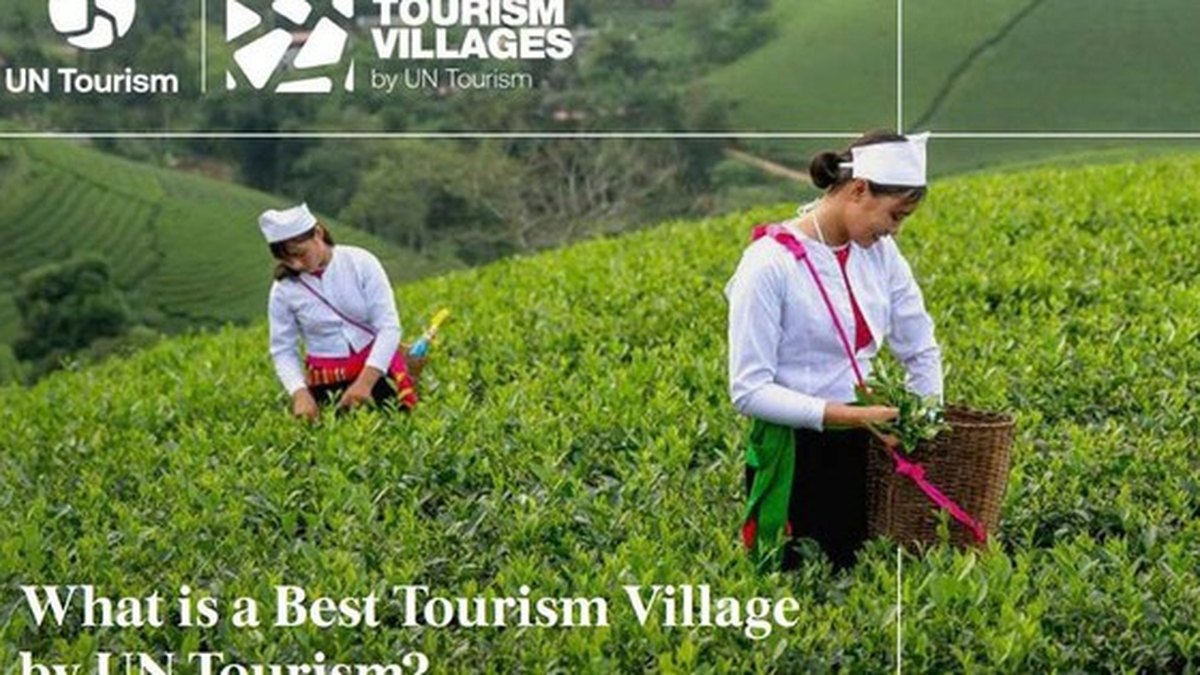
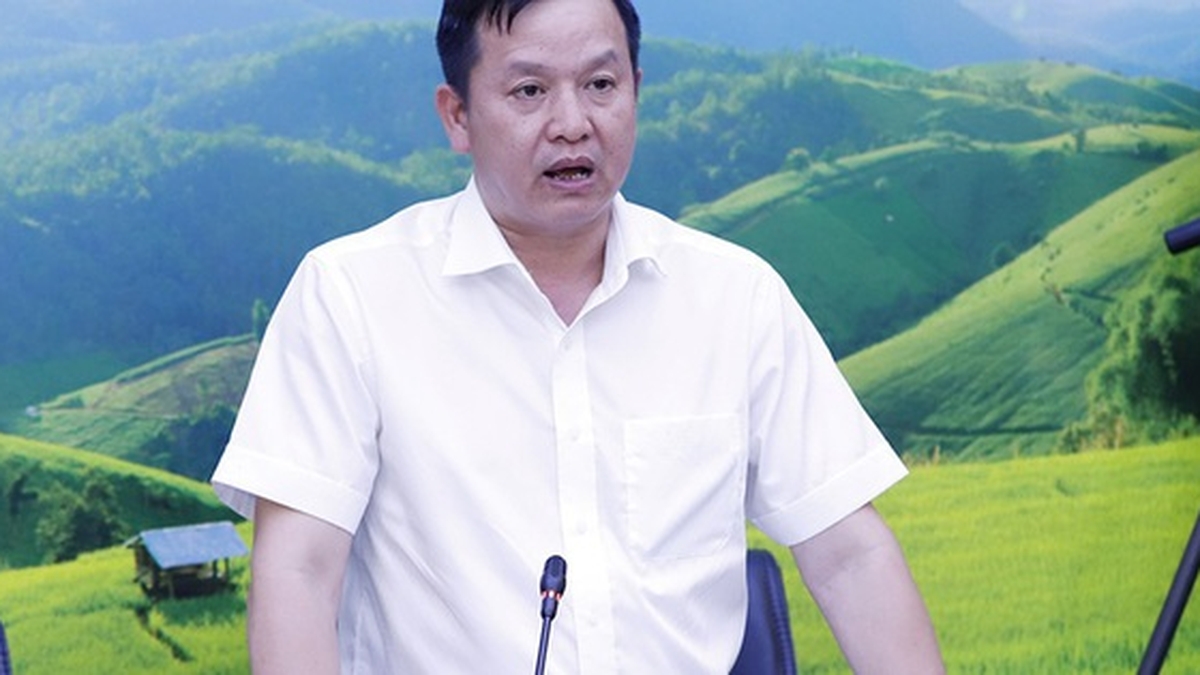

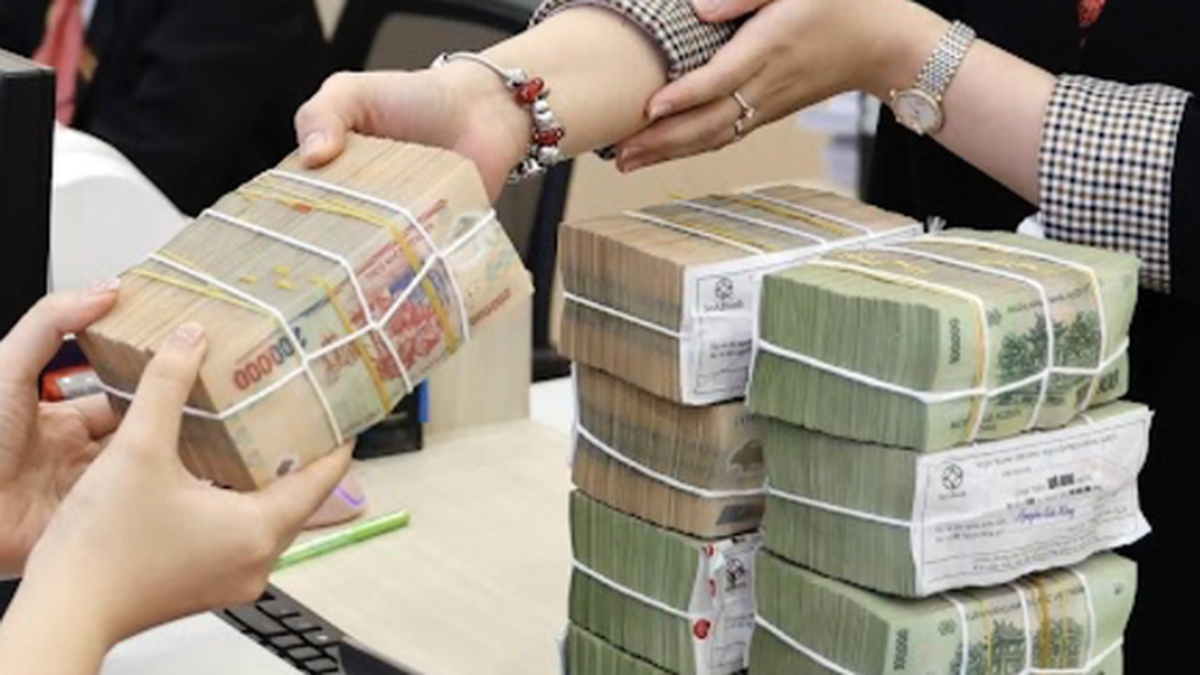













![[Photo] National Assembly Chairman attends the seminar "Building and operating an international financial center and recommendations for Vietnam"](https://vphoto.vietnam.vn/thumb/1200x675/vietnam/resource/IMAGE/2025/7/28/76393436936e457db31ec84433289f72)




















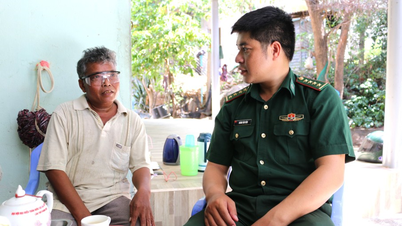

















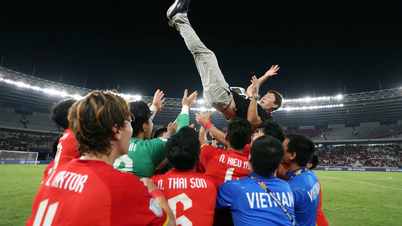
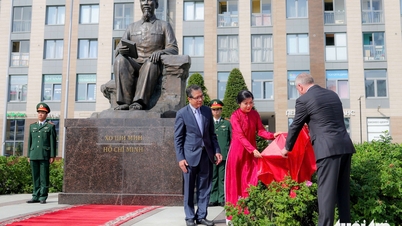
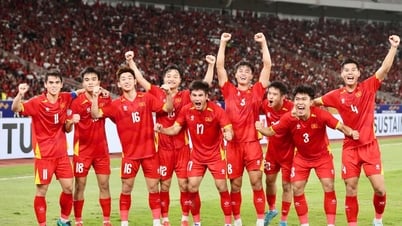
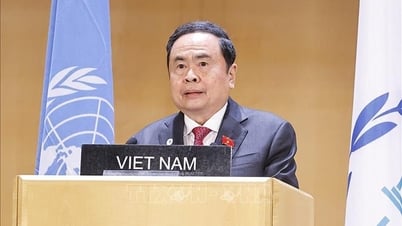


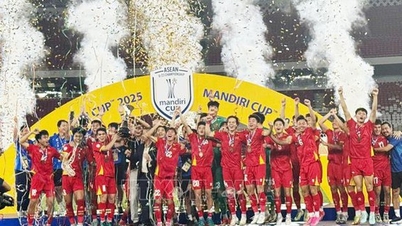


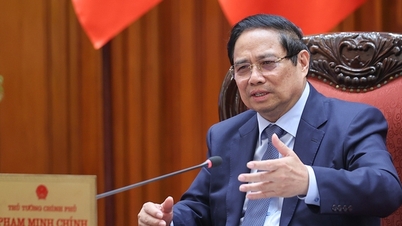
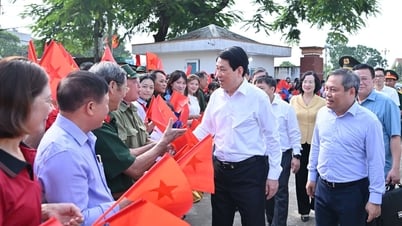










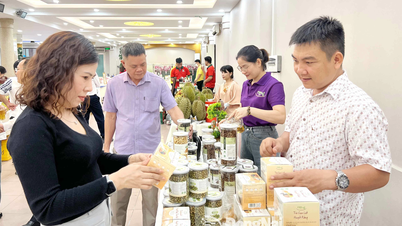









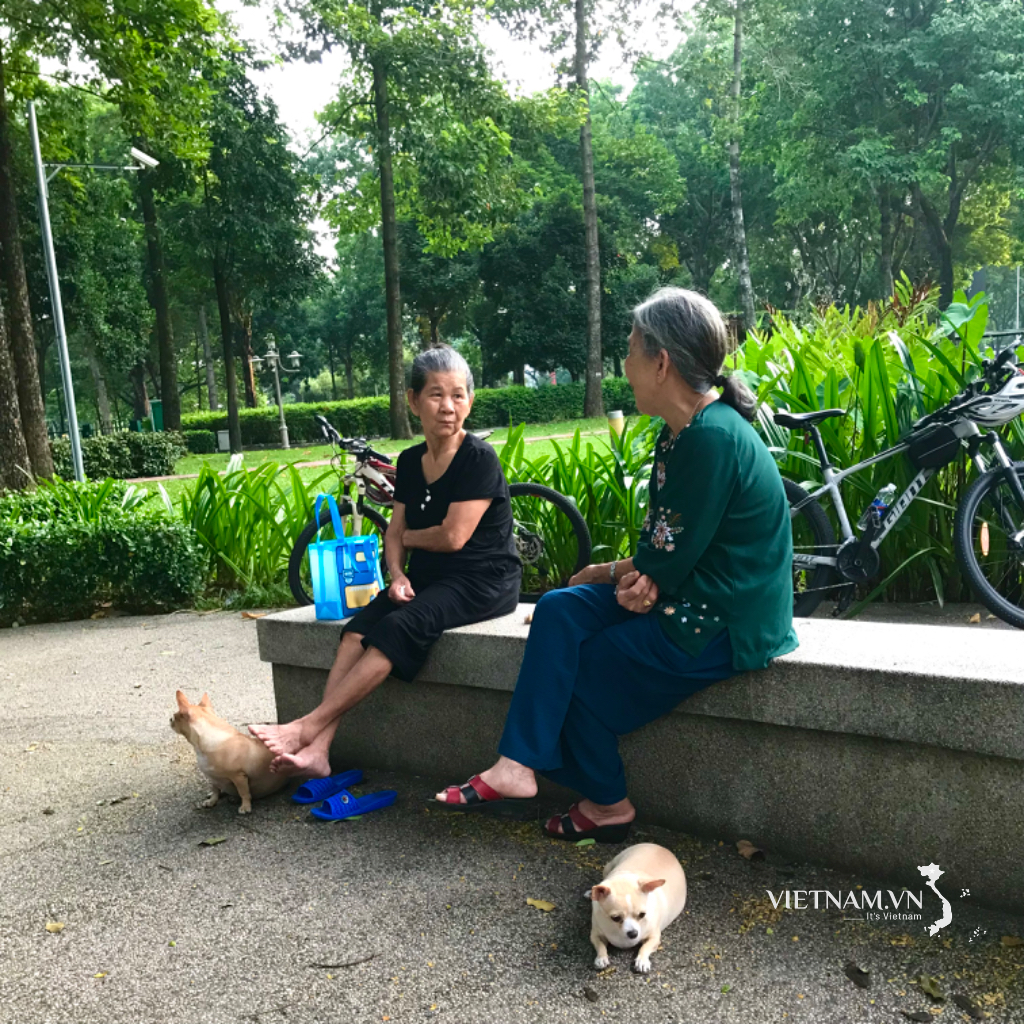
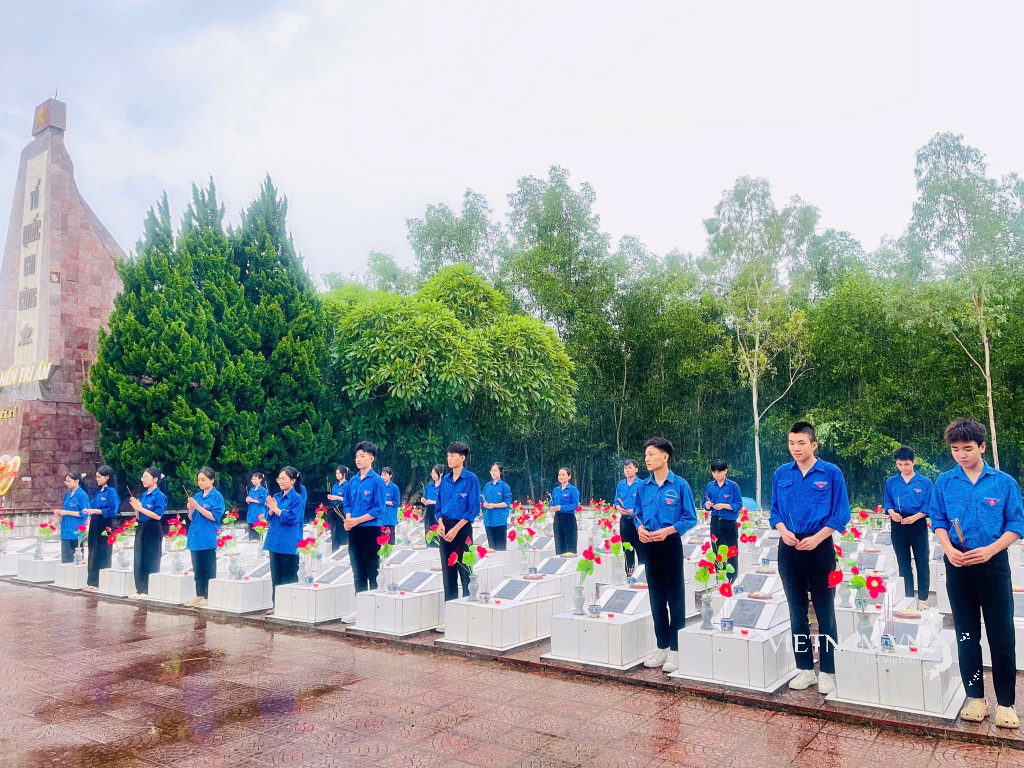

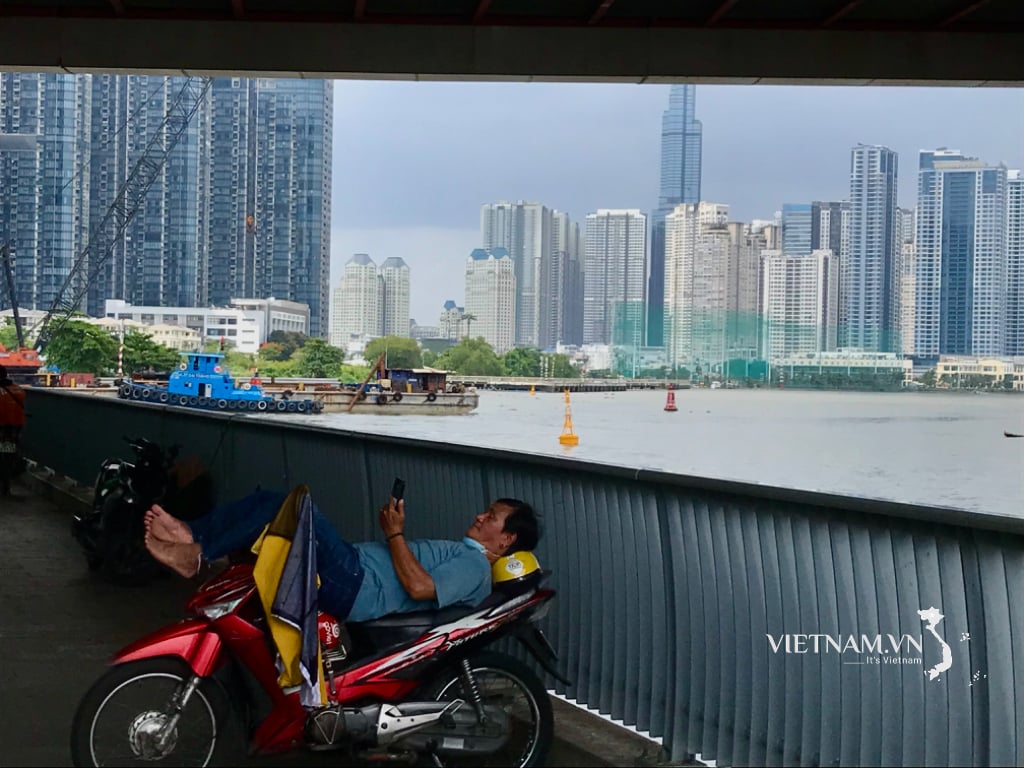
Comment (0)